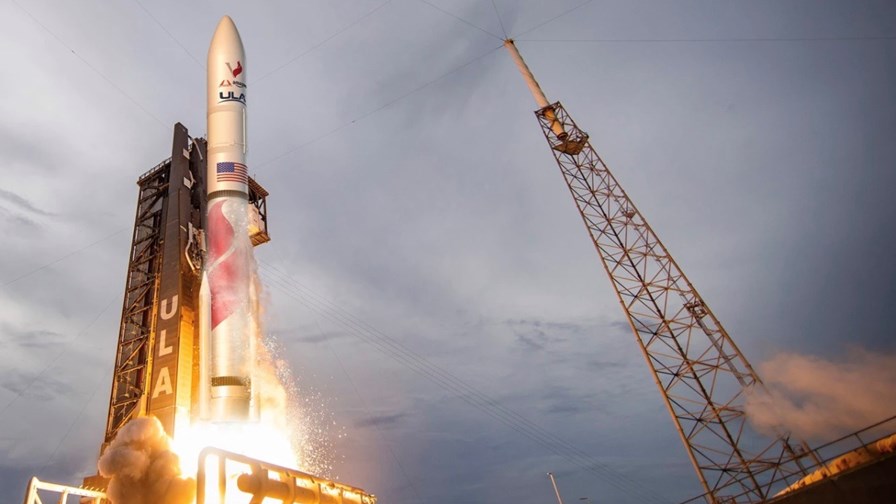
- Amazon has been playing catchup with rivals in the low-earth orbit (LEO) satellite market
- It has now secured a third major deal with a telco player, this time in Asia
- NTT Docomo will use the tech giant’s Project Kuiper satellite network for improved connectivity across Japan
Amazon’s low-earth orbit (LEO) satellite project has scored its first major deal in Asia, where it will partner with NTT Docomo to deliver satellite-based connectivity to the enterprise and the government sectors in Japan.
In a joint statement, the pair noted that together, NTT Docomo, its parent NTT and its partner SKY Perfect JSAT Group, a Japanese satellite communication and pay TV company, will provide “advanced, reliable and far-reaching satellite connectivity options” to customers in Japan (though not quite yet… more on the timeline later). As part of the move, they will use the LEO satellite broadband network from Amazon, dubbed Project Kuiper, to offer new connectivity options that can be used to build out “resilient, redundant communications networks” in Japan.
Admittedly, the Japanese market is already well served by terrestrial communications technology, such as fibre and wireless but, according to NTT Docomo and Amazon, the country’s mountainous terrain and many islands make it challenging to restore connectivity in emergencies, such as natural disasters. This is where Project Kuiper is seen as the knight in shining armour, coming to the rescue with its “rapid, scalable solution to that challenge”.
The Japanese telco said it will use Amazon’s LEO constellation to connect rural and hard-to-reach parts of Japan to its core telecom network “without the time and expense required to build out fibre and fixed wireless infrastructure”. And as a result, NTT Docomo claimed, its business customers stand to benefit from this connectivity, as it will support applications such as internet of things (IoT), predictive maintenance, fleet management and remote manufacturing.
Furthermore, as developments involving artificial intelligence (AI) become the hottest trend around the world, the satellite connectivity from Project Kuiper also comes with a promise to enable customers to connect to Amazon Web Services (AWS) to run advanced technologies, such as machine learning (ML) and AI.
Amazon, NTT and SKY Perfect JSAT noted that they plan to examine further collaborations to provide seamless communication between Earth and space in a bid to help business customers “make more sustainable use of their resources”.
“In Japan, where we are fortunate to offer such robust communications services, Project Kuiper can help us take customer satisfaction to a new level by providing even more options for powering innovation and helping our customers communicate wherever and whenever they like,” said Hozumi Tamura, EVP of NTT Docomo.
Rajeev Badyal, VP of technology and head of Project Kuiper, added that the companies are preparing to offer “reliable, secure LEO broadband services” in Japan.
NTT Docomo’s main domestic rivals have already sealed LEO partnerships: KDDI has teamed up with Starlink, SoftBank has hooked up with OneWeb (now part of the Eutelsat empire) and Rakuten Mobile is an investor in AST SpaceMobile.
Part of the race
This is the third deal with a major telco that Project Kuiper has nabbed in the past few years. In October 2021, US operator Verizon sealed a partnership with Amazon to pair its terrestrial mobile network with Amazon’s LEO satellite network to connect rural and remote areas in the US.
And much more recently, Vodafone and its majority-owned subsidiary Vodacom selected Amazon’s LEO business to extend the coverage of their 4G and 5G services in Africa and Europe – see Vodafone eyes prime role for Amazon’s LEO constellation.
Amazon is yet to launch its constellation into space. After claiming a recent “100% success rate” for its prototype satellite test mission, it expects to begin beta testing connectivity services with “select customers and partners”, including NTT and SKY Perfect JSAT, in the second half of 2024.
The tech giant has secured more than 90 launch slots to deploy a total of 3,236 satellites, half of which (1,168) need to be launched and in service by 30 July 2027, while the remaining spacecrafts must be in operation by 20 July 2029, as per the rules of the US regulator, the Federal Communications Commission (FCC).
Amazon is behind its main rivals in the market, both in terms of partnerships and its availability of services: OneWeb and SpaceX’s Starlink have been increasingly active in launching satellites and attracting telco partners for commercial service offerings – see Why LEO satellite players are telcos’ new best friends.
- Yanitsa Boyadzhieva, Deputy Editor, TelecomTV
Email Newsletters
Sign up to receive TelecomTV's top news and videos, plus exclusive subscriber-only content direct to your inbox.




